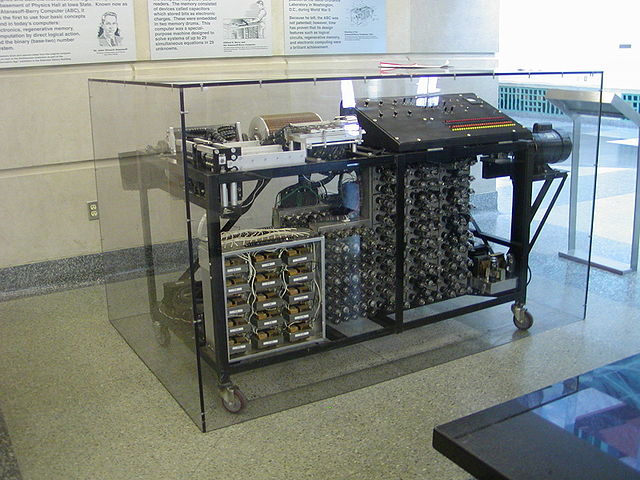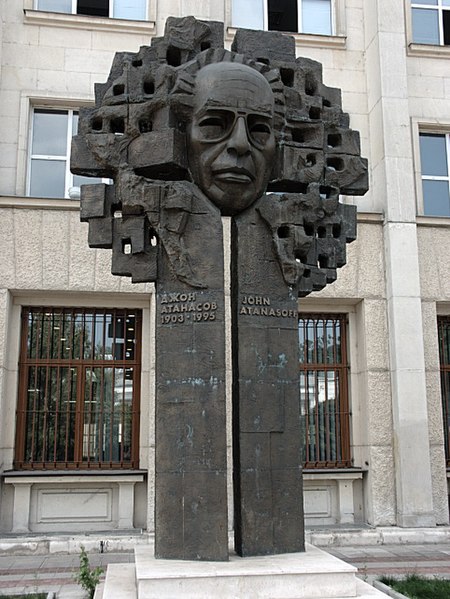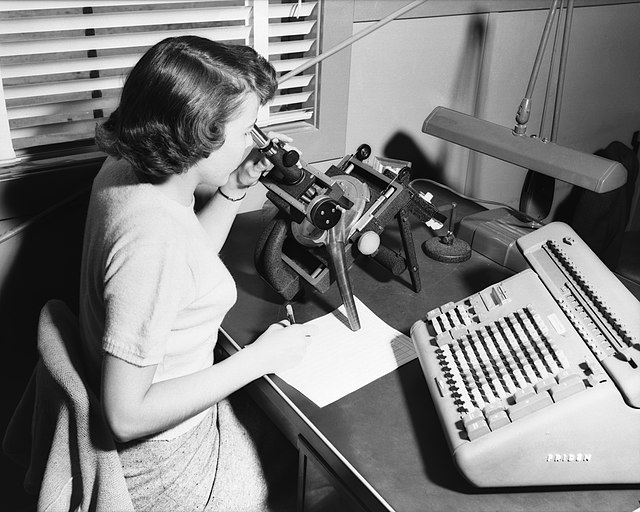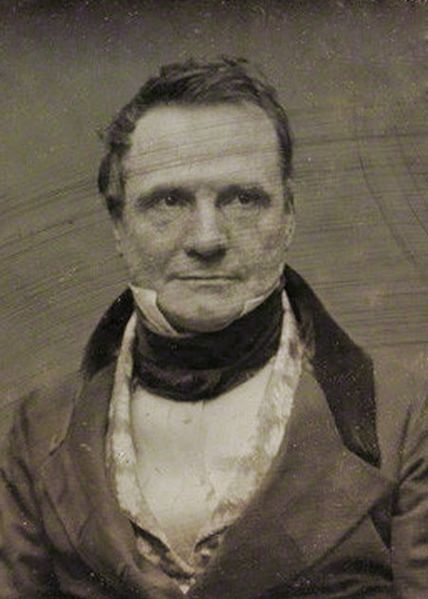John Vincent Atanasoff,, was an American physicist and inventor credited with inventing the first electronic digital computer. Atanasoff invented the first electronic digital computer in the 1930s at Iowa State College. Challenges to his claim were resolved in 1973 when the Honeywell v. Sperry Rand lawsuit ruled that Atanasoff was the inventor of the computer. His special-purpose machine has come to be called the Atanasoff–Berry Computer.
1997 replica of the Atanasoff–Berry Computer at Durham Center, Iowa State University
Monument to John Atanasoff in Sofia, Bulgaria
A computer is a machine that can be programmed to automatically carry out sequences of arithmetic or logical operations (computation). Modern digital electronic computers can perform generic sets of operations known as programs. These programs enable computers to perform a wide range of tasks. The term computer system may refer to a nominally complete computer that includes the hardware, operating system, software, and peripheral equipment needed and used for full operation; or to a group of computers that are linked and function together, such as a computer network or computer cluster.
A human computer, with microscope and calculator, 1952
The Ishango bone, a bone tool dating back to prehistoric Africa
The Antikythera mechanism, dating back to ancient Greece circa 150–100 BCE, is an early analog computing device.
Charles Babbage c. 1850






